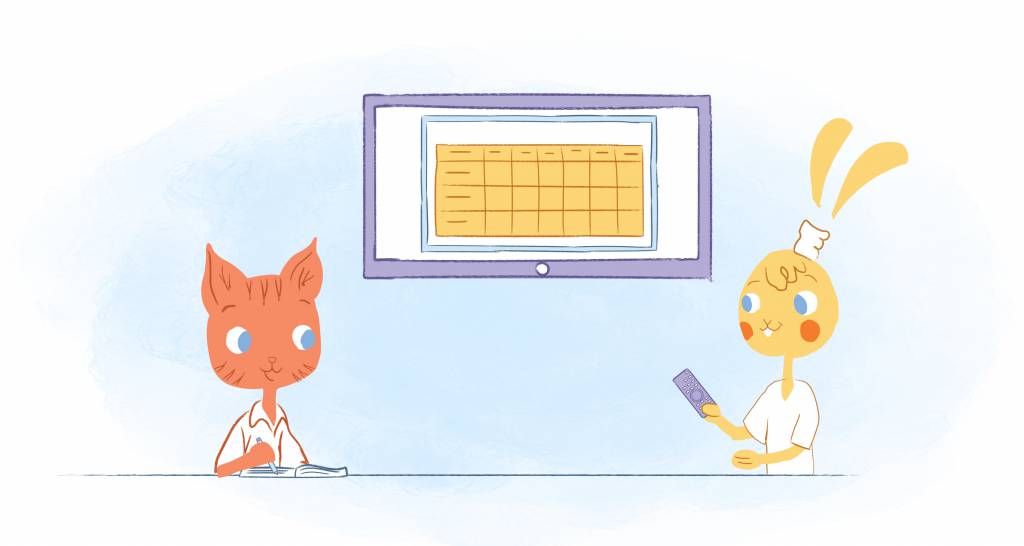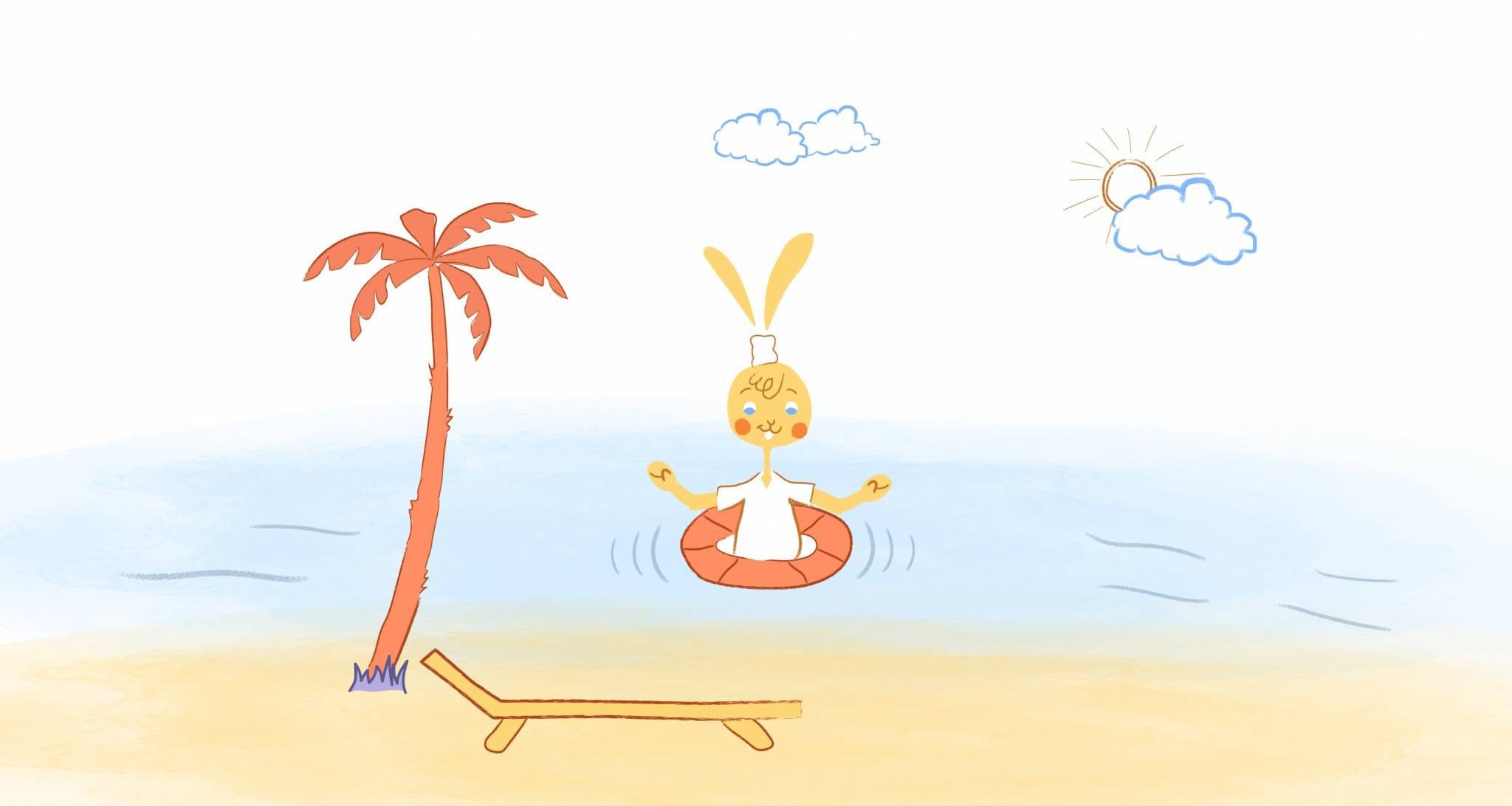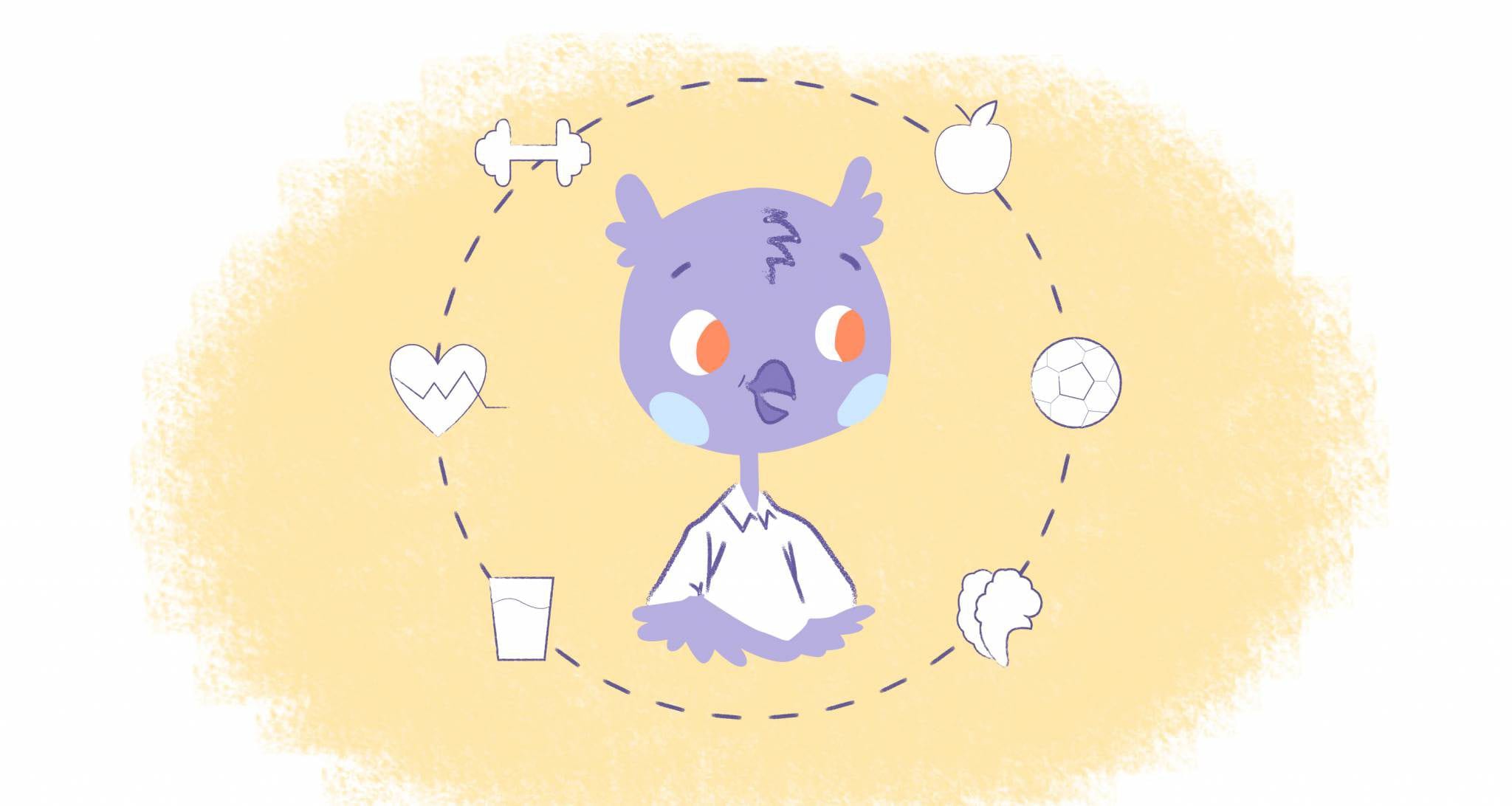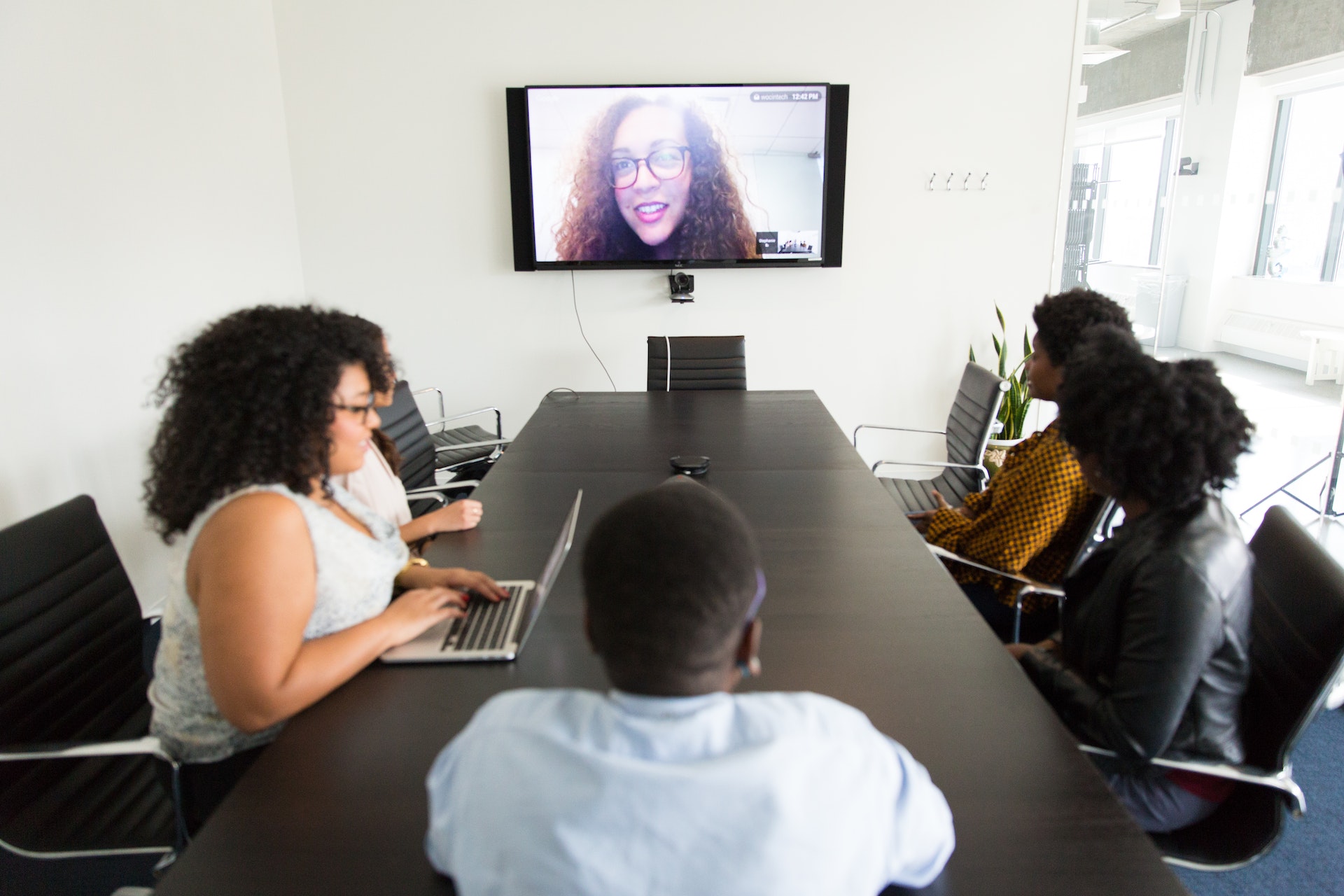

In addition to landing an actual interview, one of the most difficult aspects of job seeking is the interview process. You need to prepare for a job interview. Talking about yourself, asking the right questions, saying the right things. Interviews are never easy. Unfortunately, they don’t get easier however they can get less stressful. Properly preparing for an interview beforehand will not only provide you a solid foundation of information and knowledge about what to say but will also take off a load of stress and possible anxiety that interviews can bring.
From doing the right research to wearing the right thing, here are seven tips to help you prepare for a job interview.
1. Do your due diligence.
So, you’ve landed the interview… Now what? The short answer: Research. In fact, as much research as you can possibly uncover. In addition to reading up on the company you’ll be interview with and studying its website, it’s just as important to research the employees (particularly the ones who will be interviewing you), the company culture (tip: check out Glassdoor.com), relevant news articles and blog posts, and social media pages.
Social media channels like LinkedIn and Facebook are incredibly useful tools when it comes to learning about a company.
2. Know your resume.
Considering it is essentially an outline of your career history, it’s likely you already know your resume pretty well. However, typically, job seekers will tailor their resumes to the descriptions of a given job, highlighting their most important skills relevant to the listing. And if you’re not doing so, you might want to start.
According to job platform Monster, “Submitting the same resume for every position can’t possibly meet each employer’s individual requirements. If you want to grab hiring managers’ attention, you need to give them what they want. You must take the time to tailor your resume to each employer and its goals to strengthen your chance of getting noticed.” (Of course, that doesn’t mean embellishing your resume with skills you “kind of” have.)
Regardless, you’ve landed that interview. Now before going in, it’s necessary to know your resume like the back of your hand. You should be able to focus on the specific skills and experiences that make you the perfect person for the job. Additionally, if you know your resume extremely well, once you’re in the interview, you can avoid having to continuously look down at it while you speak. Interviewers will be impressed with your presence and confidence when you fluidly talk about your past.
3. Clean up your online image.
Just like you plan to digitally stalk the company you’ll be interviewing, it’s highly likely they plan to do the same to you.
To make sure you have a squeaky clean background, try using an app like Social Sweepster, which will go through your social media profiles and detect any potentially inappropriate pictures or posts.
4. Prepare for the basic questions.
Another pre-interview tip is to prep for the basic interview questions that are highly likely to come up. When answering these questions, make sure to tailor your responses to the job role and company.
Some basic questions the help you prepare for a job interview:
- Tell me a little about yourself.
- What are your strengths?
- What are your weaknesses?
- Where do you see yourself in five years?
- Why do you want to leave your current job?
- Tell me about a difficult decision you had to make and how you made it?
- Why should we hire you?
5. Dress for culture fit.
The big interview is approaching – you’ve done your research and you’ve prepared your answers… Now it’s time to figure out what to wear. Luckily, thanks to the research you’ve conducted, you probably have a good idea of what the company and its culture are like. With that knowledge, it’s pretty simple to figure out the office’s aesthetic and dress code, which can help you to figure out the best way to dress for the interview.
However, rather than blending in, wear a subtle fashion statement that will help people remember you and give them a bit of insight into who you are. As described in an article published in Forbes, Julio German Arias Castillo, now an analyst for Morgan Stanley shares, “Wear something that represents your culture or background. In my case, I always wear a pin of the Panamanian flag on my suit lapel. Most of my interviewers ask about it so it becomes a chance to discuss my upbringing and love of my homeland.”
6. Prepare questions.
Every interview you go to, you can always expect the interviewer to eventually ask: Do you have any questions for me? And even if you don’t think you do, it’s important to come up with at least two or three.
Instead of coming up with them on the spot, brainstorm a few questions in advance. Don’t be afraid of being generic either: sometimes the most common questions are the most important like “Are there opportunities for growth?” and “What are the most important qualities for someone to excel in this role?”
It can also be helpful to come up with questions tailored to the job and the company. Your interviewer can then see you’ve done your research. It will help prove you are genuinely interested in the job.
7. Overcome nerves.
When it comes to interviewing, the ultimate key to success boils down to one thing: confidence. That means confidence in yourself; your technical skills; your communication skills… Everything.
Interviewing often comes with a side of nerves, and all too often, people let these nerves get the best of them, deterring their confidence and ultimately causing them to miss a job opportunity.
To ensure you never let your nerves get the best of you, try “power posing” – a tactic that social psychologist Amy Cuddy shares in her highly popular TED Talk.











Rose Leadem
Rose is a writer and artist living in New York City. She writes for magazines, startups and websites, including Entrepreneur Magazine, Frontrunner Magazine, Homepolish and more.